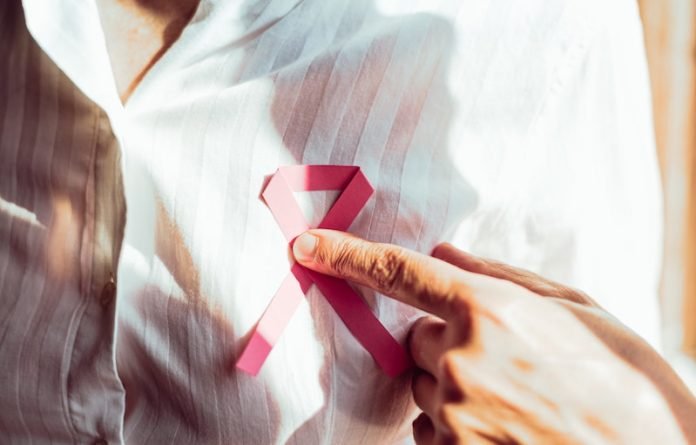
Thanks to advances in cancer therapies, most forms of breast cancer are highly treatable, especially when caught early.
But the last frontier cases—those that can’t be treated with hormone or targeted therapies and don’t respond to chemotherapy—remain the deadliest and hardest to treat.
In a study from Tulane University, scientists found for the first time how these cancers persist after chemo and why they don’t respond well to immunotherapies designed to clear out remaining tumor cells by revving up the immune system.
The process of surviving chemotherapy triggers a program of immune checkpoints that shield breast cancer cells from different lines of attack by the immune system.
It creates a “whack-a-mole” problem for immunotherapy drugs called checkpoint inhibitors that may kill tumor cells expressing one checkpoint but not others that have multiple checkpoints.
In the study, the team examined the process in mouse and human breast tumors and identified 16 immune checkpoint genes that encode proteins designed to inactivate cancer-killing T-cells.
The tumors that respond the worst to chemotherapy enter a state of dormancy—called cellular senescence—instead of dying after treatment.
The researchers found two major populations of senescent tumor cells, each expressing different immune checkpoints activated by specific signaling pathways.
They showed the expression of immune evasion programs in tumor cells required both chemotherapy to induce a senescent state and signals from non-tumor cells.
They tested a combination of drugs aimed at these different immune checkpoints. While response could be improved, these strategies failed to fully eradicate the majority of tumors.
These findings reveal the challenge of eliminating residual disease populated by senescent cells that activate complex immune inhibitory programs.
Breast cancer patients will need rational, personalized strategies that target the specific checkpoints induced by the chemotherapy treatment.
If you care about breast cancer, please read studies about a major cause of deadly breast cancer, and this daily vitamin is critical to cancer prevention.
For more information about cancer, please see recent studies about Aspirin linked to better bladder and breast cancer survival, and results showing common antimicrobial in toothpaste is linked to inflammation and cancer in the gut.
The study was conducted by James Jackson et al and published in the journal Nature Cancer.
Copyright © 2022 Knowridge Science Report. All rights reserved.



